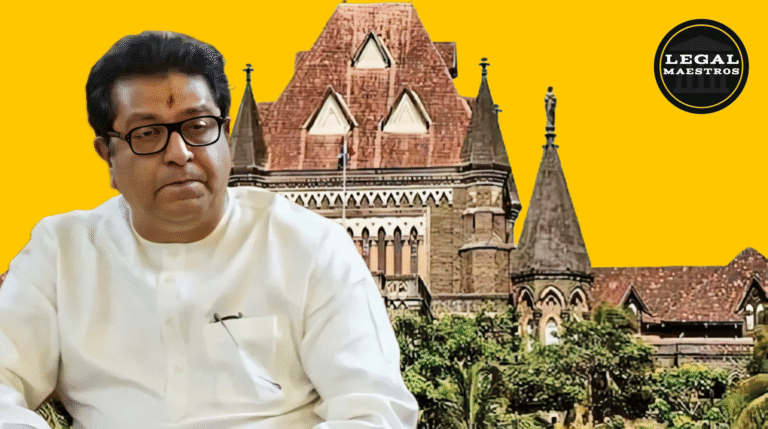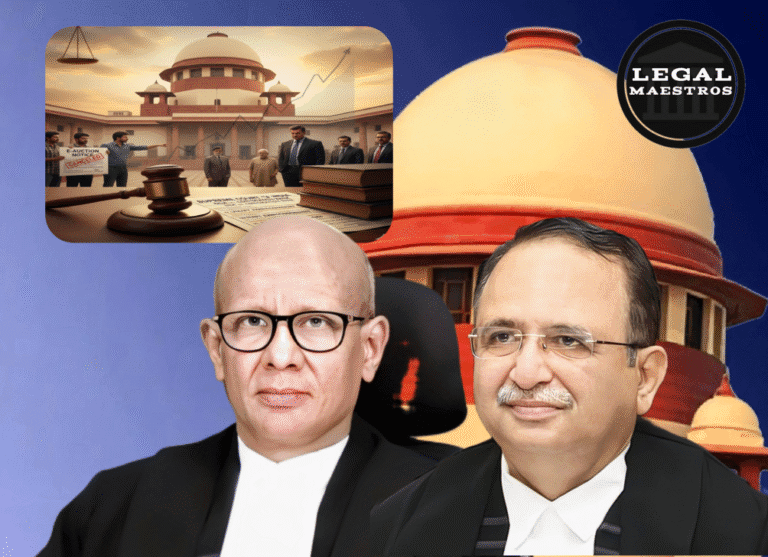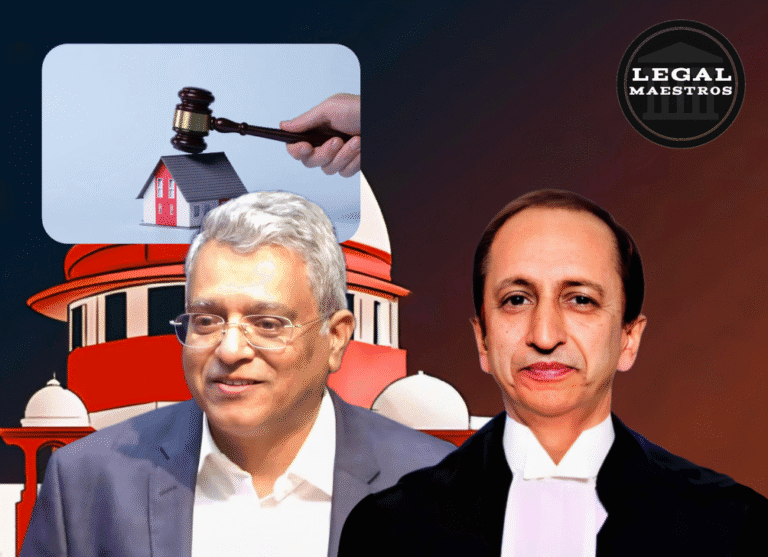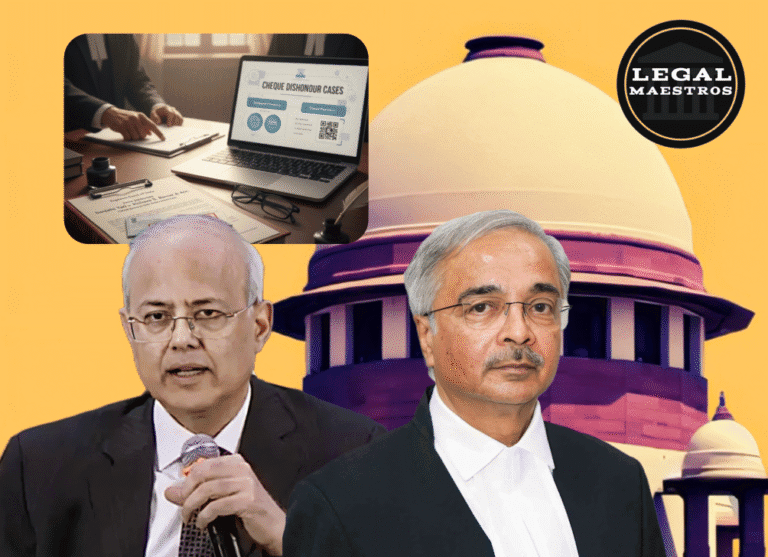
Bengaluru Consumer Court Fines Man ₹40,000 for Misleading Hyundai Lawsuit Over Sold Damaged Car
A Case Study on the Differences Between Transparency and Legal Due Diligence in the Case of Consumer Claims That Go Wrong
This article examines a recent consumer dispute case known as Sri Mohan Hegde v. M/s Hyundai Motors India Limited.
An abstract
The court rejected the consumer’s complaint regarding the replacement or repair of their car under an extended warranty and imposed costs. It was determined by the court that the complainant had disguised the fact that they had received a reimbursement from their insurance company and that they had sold the damaged car, which proved a lack of clean hands and a malicious mindset.
For More Updates & Regular Notes Join Our Whats App Group (https://chat.whatsapp.com/DkucckgAEJbCtXwXr2yIt0) and Telegram Group ( https://t.me/legalmaestroeducators )
Details on the situation
Subsequently, on April 11, 2024, they purchased an extended warranty for Rs. 14,866, with the expectation that it would cover all types of serious mechanical faults. An investigation was carried out by an insurance company known as M/S Zurich Kotak, which came to the conclusion that the occurrence was caused by a mechanical breakdown. This suggests that the guarantee protected against an intrinsic flaw.
The complainant’s complaints regarding a lack of service and warranty duties were not resolved, although several interactions and follow-ups were conducted with the opposing parties, which included Hyundai Motors India Limited and its outlets. C. Because of this, the complainant lodged a complaint in accordance with Section 35 of the Consumer Protection Act, requesting either a new car, free repair under the extended warranty, Rs. 500,000 in compensation for mental anguish and financial loss, and reimbursement of expenses incurred throughout the legal process.
Principal Concerns and the Court’s Evaluation
In the center The Commission had to decide if the complaint met the opposing parties’ service deficit and what order to pass. T. The complaint’s lawyer said the car should be fixed or replaced, stressing the extended warranty’s benefits. The court uncovered crucial information previously hidden.
Initially, the insurance company had already paid out a benefit of Rs. 300,000/- to the damaged car to compensate it for the fire catastrophe that took place on October 25, 2024. In the second place, and this is of more significance, the complaint presented documents, one of which was a contract for the sale of the damaged car that was signed on January 6, 2025. The company known as “Trigent Corporate” purchased The company known as “Trigent Corporate” purchased the automobile for a price of Rs. 88,000. We discovered that the buyer, not the seller, receives ownership rights over mobile or immovable property upon sale. T. After the vehicle in question sold, the complaint The sale of the vehicle in question resulted in the complainant losing all ownership rights.
The attorney concealed important information from the evidence presented in the complaint. The insurance payout and the sale agreement for the damaged car were among these details. It was brought to the attention of the Commission that the attorney ought to have cautioned the complainant against initiating claims while the complainant had already relinquished all rights to the automobile. The court interpreted this concealment of information as an attempt by the defendant to create “illegal cl The court interpreted this concealment of information as an attempt by the defendant to create “illegal claims” and pursue legal action. Additionally, the Commission noted that both the complainant and his attorney were aware they could not repair or replace the vehicle.
waste the precious time of the court.”
An Evaluation and Its Consequences
On the basis of these findings, the District Consumer Disputes Redressal Commission ruled that the complaint was not acceptable and levied a fee of forty thousand rupees. The District Consumer Disputes Redressal Commission issued a directive that this money be sent to the consumer welfare fund within thirty days of the day on which the order was issued. Should you fail to comply with this, the money will be subject to interest accrual at a rate of ten percent per year until it is finally converted into cash.
The ruling places a significant emphasis on the fact that individuals who file complaints must approach consumer forums with total honesty and forthrightness. The potential outcomes of suppressing important facts include the dismissal of the case and the imposition of costs, especially for facts that directly impact the subject matter of the dispute.
When dealing with clients, preparing complaints, and making sure that the court is aware of all pertinent material, it also serves as a reminder to legal practitioners that they should conduct due diligence and ethical duty. Rather than being meant to allow unjust enrichment via the concealment of facts, consumer protection laws are intended to safeguard actual customers, as this case demonstrates.







